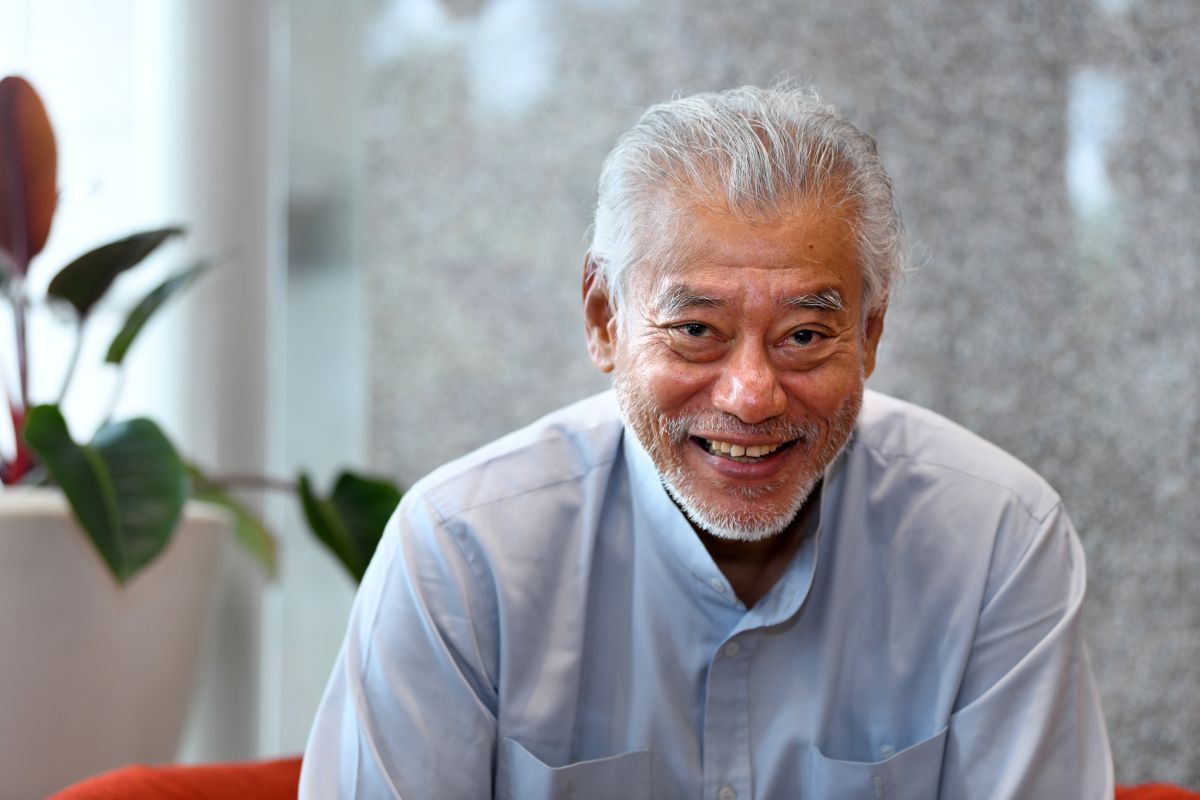
KUALA LUMPUR (Feb 21): Calling on the new administration to shed old economic philosophies and overhaul its approaches to challenges, a leading economist said the government should start the groundwork now to effect changes in areas such as tax reforms and government spending.
Malaysia should also adopt neutrality in trade policies to attract investment for long-term economic stability, said Dr Jomo Kwame Sundram.
In a recent interview with The Edge, Jomo said wasteful and unnecessary spending needs to be cut in line with the steady slowdown in direct tax collection over the decades.
Unless targeting is accurate and low cost, targeted subsidies will not act as a silver bullet, he said, adding that such mechanisms have their own set of challenges as some could be costly while others are inaccurate.
Targeted conditional cash transfers were all the rage and pushed by the likes of the World Bank decades ago, but had since been abandoned by governments.
An example is Mexico, where its conditional cash transfer programme 'Oportunidades' was abolished in 2019 after 21 years, as studies found up to 55% of households covered were incorrectly included in the scheme.
“Targeted subsidies are hugely problematic for a variety of reasons. We have so-called type 1 and type 2 errors — which are errors of exclusion (where the genuinely deserving are excluded from the subsidy programme) and errors of inclusion (where the undeserving get included in the subsidy programme),” Jomo said.
“When you have universal benefits, nobody complains as they are non-discriminatory, and you also save money on targeting,” he added.
The subject of targeted subsidy has been in the spotlight, particularly targeted petrol subsidy, as the current blanket subsidy mechanism caused total subsidy bills to jump to RM80 billion last year amid elevated oil prices.
This put a strain on the government’s coffers, which has seen a gradual increase in big-ticket operating expenditures, such as subsidies, debt service charges and emoluments as a percentage of federal government revenue year after year.
Ahead of the tabling of the revised 2023 national budget on Friday (Feb 24), Prime Minister Datuk Seri Anwar Ibrahim increasingly highlighted the growing federal deficit and vouched to cut spending where possible without straining development programmes and addressing cost of living issues.
Jomo expects more responsible budgets and major reforms by the government over the medium term rather than sooner — perhaps in Budget 2024 to be tabled in October this year, once the regime is further consolidated following imminent state elections in mid-2023.
The new government is also looking to restore economic confidence with a five-member advisory committee chaired by Tan Sri Mohd Hassan Marican to look at ways to reduce federal operating expenditure and increase the nation’s revenue base, among others.